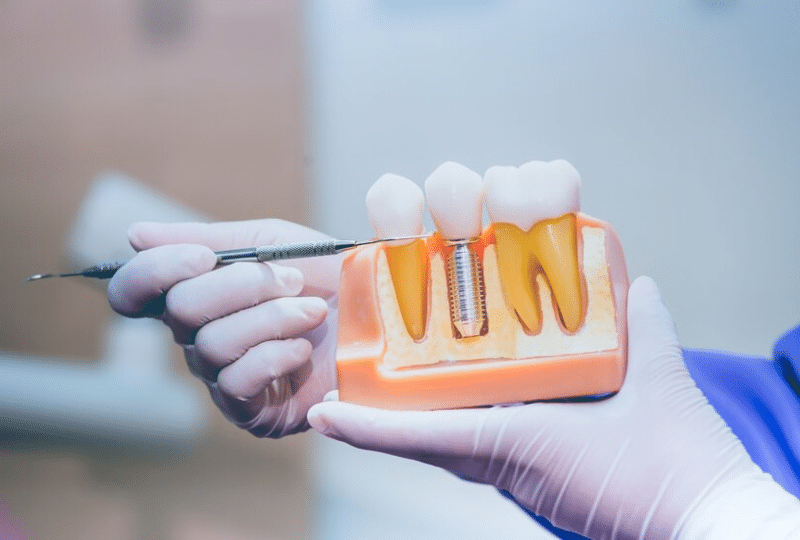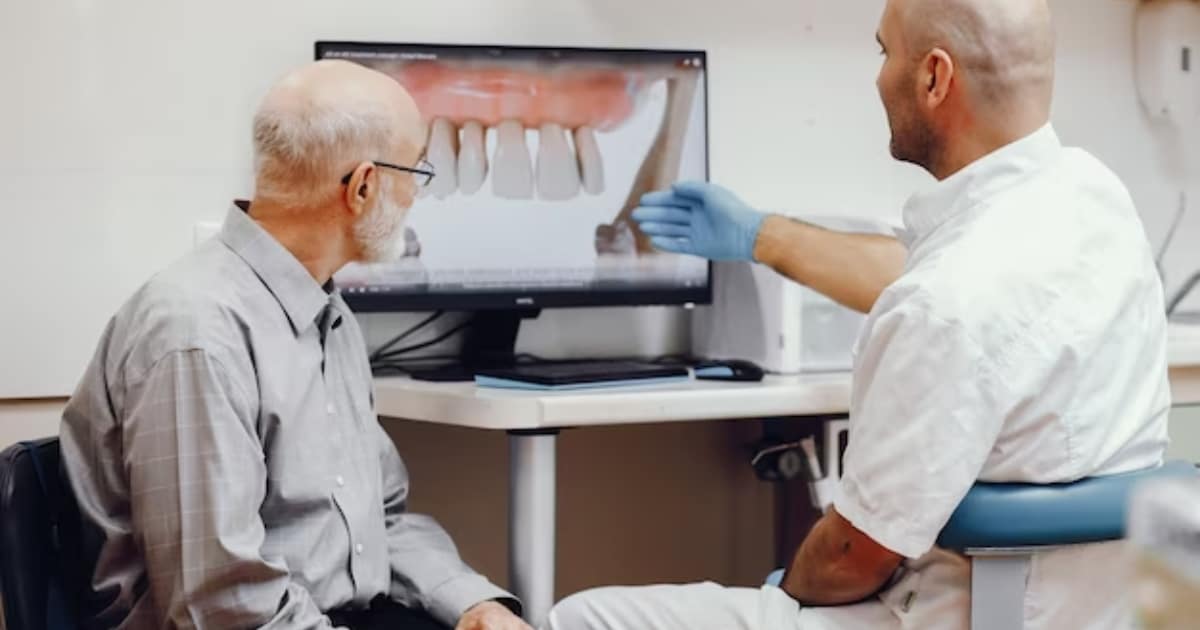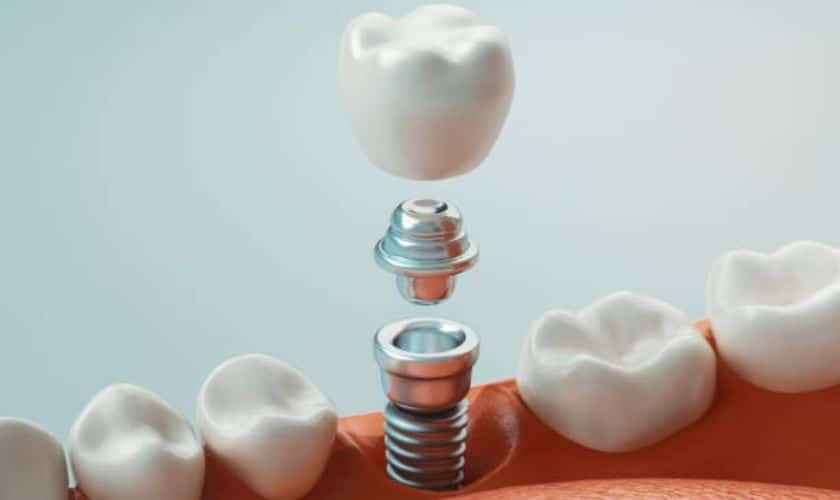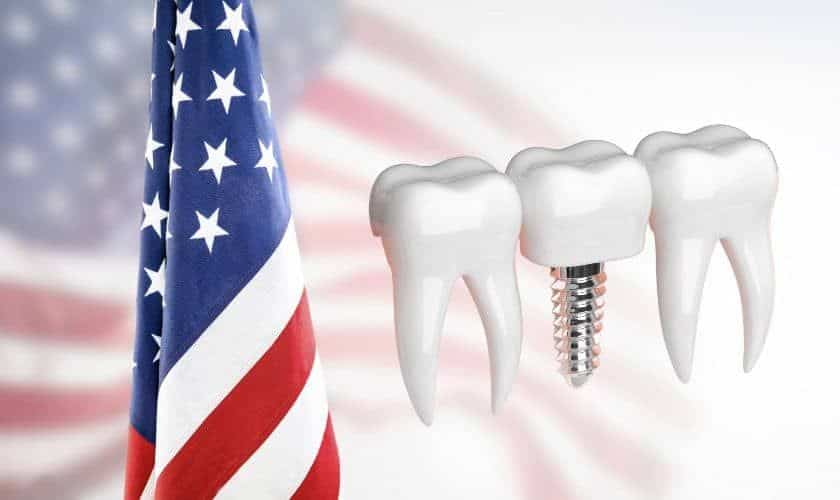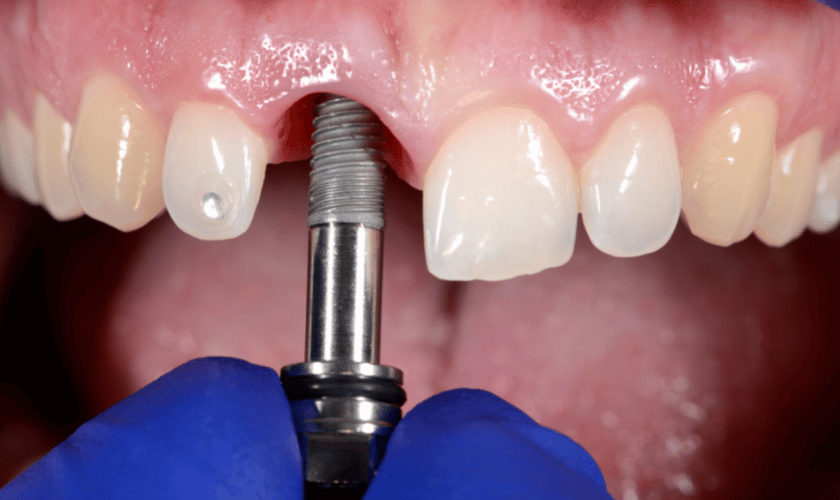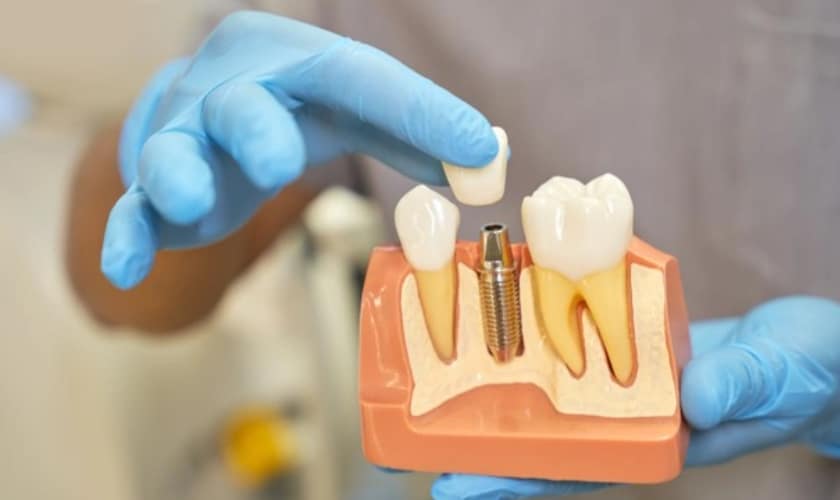Beginning on the journey of Dental Implant Oak Park, marks a significant step towards regaining a confident smile and functional oral health. However, the success of dental implants goes beyond the surgical procedure; it heavily relies on the recovery and aftercare measures taken post-surgery. Understanding these crucial aspects is pivotal for ensuring the longevity and effectiveness of your dental implants.
Understanding Dental Implant Recovery:
The initial phase of dental implant surgery is crucial for optimal healing. It involves a delicate process where the implant fuses with the jawbone (osseointegration). During this period, patients may experience mild discomfort, swelling, and potential bruising around the surgical site. Understanding and managing these expected post-operative effects are key aspects of successful recovery.
Managing Discomfort and Swelling:
Effective pain management techniques prescribed by your Oak Park Dentist or oral surgeon help alleviate discomfort. These may include over-the-counter pain relievers or prescribed medications. Applying ice packs or cold compresses to the affected area can reduce swelling and aid in the healing process.
Dietary Considerations Post-Surgery:
Adhering to a soft diet consisting of nutrient-rich, easy-to-chew foods is recommended during the initial recovery phase. This diet minimizes stress on the surgical site, promoting faster healing. Patients should avoid hard, sticky, or crunchy foods that could potentially disrupt the healing process or irritate the surgical area.
Oral Hygiene During Recovery:
Maintaining oral hygiene, even during the initial healing phase, is critical. Your dentist may provide specific instructions for gentle brushing and rinsing with prescribed solutions to keep the surgical area clean and prevent infections. Following these instructions diligently is essential to ensure proper healing.
Long-Term Aftercare Practices:
Once the initial recovery phase concludes, implementing long-term aftercare practices becomes pivotal for the longevity and success of your dental implants.
Regular Dental Check-ups:
Scheduled dental visits play a crucial role in the ongoing monitoring of your dental implants. During these visits, your dentist assesses the stability of the implants, checks for any signs of inflammation, and evaluates the overall health of your gums and surrounding tissues. X-rays may be taken periodically to ensure the implants remain secure within the jawbone. These routine examinations are essential for detecting any potential issues at an early stage, allowing for timely intervention to maintain the longevity of your implants.
Optimal Oral Hygiene Regimen:
Creating and maintaining a meticulous oral hygiene routine significantly contributes to the success of dental implants. Your dentist may recommend using specific oral hygiene products suitable for implant care, such as low-abrasive toothpaste and interdental brushes. Flossing between the implants and along the gumline is crucial to remove plaque and debris, preventing the development of gum disease (peri-implantitis) that could compromise the stability of the implants.
Dietary Habits for Implant Care:
A nutrient-rich diet is vital for sustaining healthy gums and supporting the long-term success of dental implants. Foods rich in calcium, phosphorus, and vitamin D contribute to bone health, supporting the stability of the implants. Incorporating leafy greens, dairy products, lean proteins, and fruits into your diet promotes oral and overall health, fortifying the foundation for your implants.
Avoiding Harmful Habits:
Harmful habits, such as smoking and excessive alcohol consumption, can significantly impact the health of your dental implants. Smoking restricts blood flow, impedes healing, and increases the risk of implant failure. Additionally, excessive alcohol consumption can weaken the immune system and compromise the body’s ability to heal properly. Abstaining from these habits is crucial to ensuring the success and longevity of your implants.
Protecting Implants During Physical Activities:
Engaging in physical activities or sports that pose a risk of dental trauma requires protective measures. Custom-fitted mouthguards or specialized protective gear designed to shield your teeth and implants from impact injuries are highly recommended. These precautions safeguard the implants, reducing the risk of damage and preserving their stability for years to come.
Your journey towards Dental Implant Oak Park doesn’t conclude after the surgery; it extends into the realm of recovery and aftercare. Embracing proper recovery measures and adhering to long-term aftercare practices are pivotal for the success and durability of your implants. By integrating these practices into your lifestyle, you not only safeguard your implants but also preserve a confident, radiant smile for years to come.

